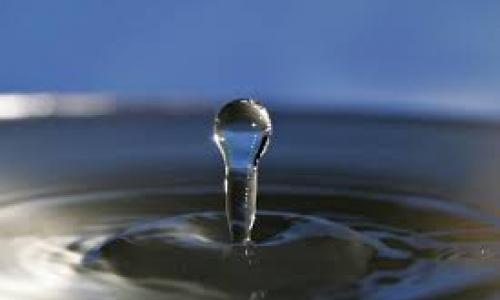
Water needed for human consumption, industrial purposes or other requirements must cater to certain minimum standards. The quality of any water is defined by its physical and chemical properties (characteristics). Physical properties include its appearance (colour, clarity and odour, perhaps also its taste) while the chemical properties refer to the constituents dissolved in it. Some of the physical properties are measurable and can be expressed in units of measurement while others like appearance, odour or taste are clearly subjective. However, all the chemical constituents can be measured accurately.
Drinking water must meet certain quality standards to safeguard the health of the people. The permissible and desirable limits of various parameters in drinking water have been detailed as per the Bureau of Indian Standards (BIS) standard specifications for potable water. These parameters are included in BIS-10500-1991. The various parameters covered include colour, odour, pH, total dissolved solids, hardness, alkalinity, elemental compounds such as iron, manganese, sulphate, nitrate, chloride, fluoride, arsenic, chromium, copper, cyanide, lead, mercury, zinc and coliform bacteria. The tolerance limits for inland surface waters for various classes of water use have been published by the Central Water Commission. Per ISI-IS: 2296-1982, the tolerance limits of parameters are specified as per classified use of water depending on various uses of water ranging from Class A to Class E.
What does the water that one drinks contain, what substances are dissolved in it and what are their safe limits? What are the issues that affect water quality? For more detailed information on all this, please read our FAQs on Rules, Regulations & Standards concerning water and Equipments used to measure water quality and quantity.














